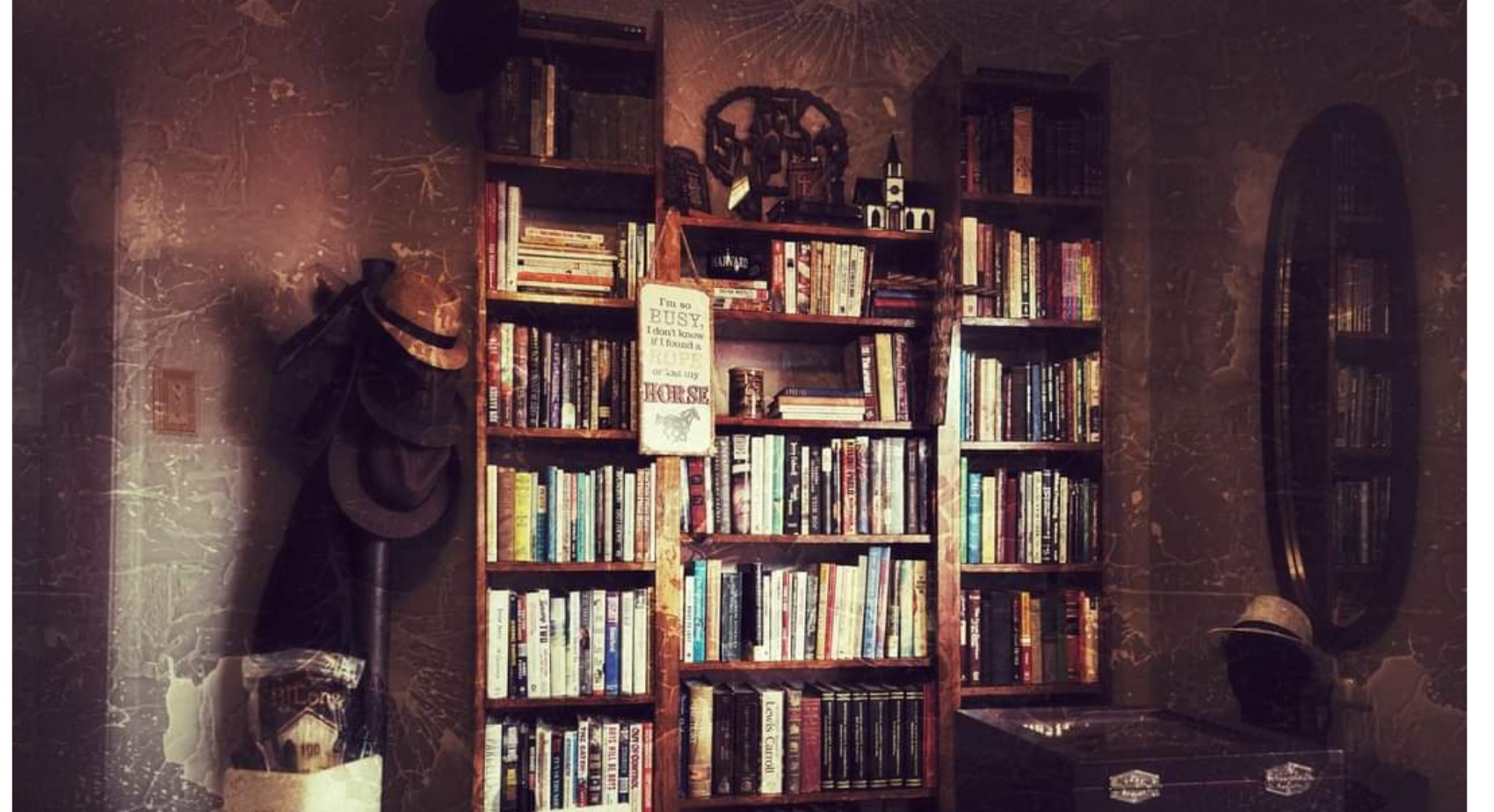Towns in these parts have international names. There is Paris, Detroit, Bogata, New Boston (and Old Boston), Naples, Atlanta, and Omaha, to name a few. Perhaps they were named by those who founded them based on the places they had once called home. Perhaps they believed that if they gave a town a noble name, it would live up to its name. Or maybe it was the place they most wished they could visit.
Whatever their reasons for choosing such names, these pioneers scratched their new towns out of red clay and built them among stately Pines, pristine lakes, and lush, green meadows.
They may have named their towns for exotic destinations in far away lands, or bigger cities in other states, but they gave them their own distinct personalities. They built the kinds of places and raised the kinds of families that time and circumstance may change, but not very quickly, and not much.
I was raised more of a west Texas boy. The trees were shorter and the scenery might not have been better, but you could see more of it at a time. I was raised where the rolling hills of the famed Texas Hill Country ease themselves into the waiting arms of the west Texas plains and, but for ripples here and there, flatten and yield to the more rugged terrain, the horned toads, roadrunners and mesquite thorns.
In west Texas, people are generally open and friendly. They seldom meet a stranger, or anyone who stays a stranger long. They tell tall tales and battle fierce elements. They bore into sun-baked earth and sometimes strike oil. They grow cotton, cantaloupe, and peanuts, and spend plenty of time praying for rain…but only in the right season.
In east Texas, the people are friendly enough, but they have these comfort zones. Some call them clans. It can be more difficult to break the ice or wedge yourself into a community. But when you are in, you are in. East Texans take as much comfort and find as much beauty in the thick Piney forests as the westerners do in the treeless, windswept plains.
I have traveled both regions rather extensively. I have lived in each, as well.
I grew up in Mineral Wells, climbing a scraggly hill we dared call Welcome Mountain and running the streets without a moment’s apprehension. Years later, In the ’90s, me in my thirties, I spent six years in Paris, Texas, where I pastored as fine a group of people as ever gathered under a steeple.
I love both places.
There is something comforting about not being able to see the forest for the trees, being surrounded by the towering Pines that have withstood howling wind and tons of ice,flash floods and relentless drought. Still they stand, tall and proud, silent sentinels guarding the lonely soul. And yet there is something liberating about seeing for miles and miles as you travel a west Texas road that seldom requires a bend or curve in it, but cuts through the plains like an asphalt arrow aimed at some distant and undefined target where the earth meets the sky.
If you live in the Piney woods, like my mother, enveloped in those trees, the nights can be pitch black. On a night, however, when the moon is bright or the heavens are bedecked with stars unhindered by hovering clouds, looking up through the treetops is a dazzling, intoxicating, even spiritual experience.
But out west, the sunsets, it seems, are always brilliant. As the sun seems to burn itself into the very horizon, every color in the spectrum from deep blue to bright red declares the end of the day and promises the beginning of yet another night of starry splendor. From Orion to the Big Dipper to the Milky Way, the heavenly hosts put on a silent concert for anyone with an ear for the beauty of silence and an eye for the glory of stillness.
I have traveled these places, from El Paso to Texarkana and most every stop between. And tonight, I traveled them again – some by foot, some by car, and some by magic carpet – while lying in the guest room of my daughter’s first apartment, listening to the soft whir of the ceiling fan and the oh-so-faint traffic of Interstate 30.
Just wandering…the backroads of my mind.

